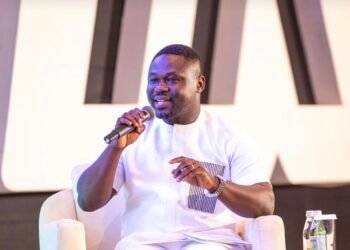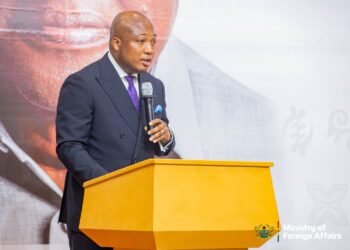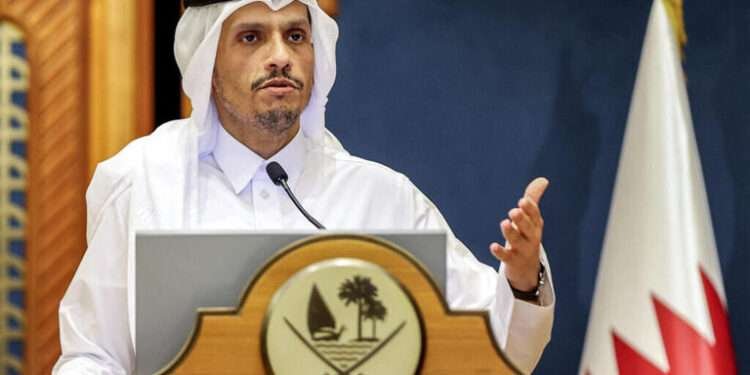Ghana, a beacon of democracy in Africa, has prided itself on a system that upholds the rule of law, separation of powers, and peaceful transitions of power.
The nation’s judiciary is pivotal in resolving disputes and interpreting the Constitution.
However, the recent parliamentary tensions have raised questions about institutional roles, constitutional interpretation, and the balance of governance.
Mr. Sam Okudzeto, a seasoned legal luminary and member of the Council of State, weighed in on these issues, cautioned over the dire consequences of power struggles among the three arms of government, emphasizing the need for clarity, national interest, and prudence in parliamentary and judicial actions.
Mr Okudzeto began by shedding light on the Supreme Court’s declaration, explaining its importance in maintaining the stability of parliamentary roles.
“The clarity [in] judgment is a legally binding court order that defines the legal rights and obligations of parties involved in a matter. It is a way to resolve uncertainty about the legal relationship between the parties when there is no lawsuit[ that] has been filed yet.
…. The court merely affirms what is already the position: that the people are members of parliament. Their future intention has nothing to do with the current parliament.”
Sam Okudzeto
Responsibility of the Minority Leader

“If they are challenging the membership of those four persons, it was his job to have gone to the High Court to make that [challenge]. He didn’t do it.”
Sam Okudzeto
He highlighted that the Supreme Court only intervened because it was the final arbiter for constitutional interpretation, he emphasized;
“The High Court has no power to interpret the constitution. The Supreme Court is the only court authorized by the constitution to do so.”
Sam Okudzeto
Balancing National Interest
Mr. Okudzeto expressed concerns about the potential consequences of parliamentary disputes on national governance.
”From January, there will be no money to pay anybody. All public servants cannot be paid. If parliament does not approve a budget to that effect. Now a new government that is elected will not have any money, because there is no vote for governance.”
Sam Okudzeto
Lessons from History
Drawing from his extensive experience, Mr. Okudzeto reflected on Ghana’s political history to emphasize the dangers of political brinkmanship.
“I have [witnessed] problems and difficulties arise in this country from the time of Nkrumah to the presidency… I know the danger of what they are doing now to themselves.”
Sam Okudzeto
He urged younger MPs to learn from past challenges and avoid actions that could destabilize governance.
Role of the Council of State

Mr. Okudzeto explained the Council of State’s involvement in mediating the parliamentary dispute, clarified;
“The Council of State has no jurisdiction to impose issues on anyone. It is purely an advisory body.”
Sam Okudzeto
According to Mr. Okudzeto, despite this limitation, the council met with the Speaker of Parliament to caution against rising tensions and advise on resolution mechanisms.
Concerns About Judicial Conduct

Mr. Okudzeto also commented on the strong language used by some judges in their disagreements, He lamented;
“Even the language he was using was too strong a language for a judge to use against his colleagues. I am sorry but I thought that was an improper use of language.”
Sam Okudzeto
He emphasized that disagreements among judges are normal but should remain respectful to uphold the judiciary’s integrity, likewise, the executive ought not to interfere with matters among parliamentary members. He also disagreed with the Speaker, because the Speaker made an earlier statement that the executive and Court are in [a] cohort, He clarified;
“The executive had not been involved in the matter. This was a matter of parliament and members of parliament.”
Sam Okudzeto
He pointed out that the Attorney General’s role in such cases is mandated by law and does not equate to executive interference.
A Call for National Unity
Mr. Sam Okudzeto’s remarks underscore the need for institutional clarity, respect for constitutional processes, and a focus on national interest.
His call for prudence, particularly among younger MPs, serves as a reminder of the collective responsibility to safeguard Ghana’s democracy.
“Any chaos created at this time affects governance and the new government that may be elected in January. We must prioritize national interest.”
Sam Okudzeto
Ghana’s democratic journey relies on the wisdom of its institutions and leaders to navigate challenges and preserve the nation’s stability.
READ ALSO; GMX Streaming Platform Described as Private Owned


















